Nori Mouse BMP7 ELISA Kit
$461.00 – $832.00
This ELISA kit is for quantification of BMP7 in mouse. This is a quick ELISA assay that reduces time to 50% compared to the conventional method, and the entire assay only takes 3 hours. This assay employs the quantitative sandwich enzyme immunoassay technique and uses biotin-streptavidin chemistry to improve the performance of the assays. An antibody specific for BMP7 has been pre-coated onto a microplate. Standards and samples are pipetted into the wells and any BMP7 present is bound by the immobilized antibody. After washing away any unbound substances, a detection antibody specific for BMP7 is added to the wells. Following wash to remove any unbound antibody reagent, a detection reagent is added. After intensive wash a substrate solution is added to the wells and color develops in proportion to the amount of BMP7 bound in the initial step. The color development is stopped, and the intensity of the color is measured.
Alternative names for BMP7: Bone morphogenetic protein 7 (BMP7), osteogenic protein-1, OP-1
This product is for laboratory research use only not for diagnostic and therapeutic purposes or any other purposes.
- Description
- How Elisa Works
- Product Citation (0)
- Reviews (0)
Description
Nori Mouse BMP7 ELISA Kit Summary
Alternative names for BMP7: Bone morphogenetic protein 7 (BMP7), osteogenic protein-1, OP-1
| Assay Type | Solid Phase Sandwich ELISA |
| Format | 96-well Microplate or 96-Well Strip Microplate |
| Method of Detection | Colorimetric |
| Number of Targets Detected | 1 |
| Target Antigen Accession Number | P23359 |
| Assay Length | 3 hours |
| Quantitative/Semiquantitative | Quantitative |
| Sample Type | Plasma, Serum, Cell Culture, Urine, Cell/Tissue Lysates, Synovial Fluid, BAL, |
| Recommended Sample Dilution (Plasma/Serum) | No dilution for sample <ULOQ; sufficient dilution for samples >ULOQ |
| Sensitivity | 8 pg/mL |
| Detection Range | 43.8-2800 pg/mL |
| Specificity | Mouse BMP7 |
| Cross-Reactivity | < 0.5% cross-reactivity observed with available related molecules, < 50% cross-species reactivity observed with species tested. |
| Interference | No significant interference observed with available related molecules |
| Storage/Stability | 4 ºC for up to 6 months |
| Usage | For Laboratory Research Use Only. Not for diagnostic or therapeutic use. |
| Additional Notes | The kit allows for use in multiple experiments. |
Standard Curve
Kit Components
1. Pre-coated 96-well Microplate
2. Biotinylated Detection Antibody
3. Streptavidin-HRP Conjugate
4. Lyophilized Standards
5. TMB One-Step Substrate
6. Stop Solution
7. 20 x PBS
8. Assay Buffer
Other Materials Required but not Provided:
1. Microplate Reader capable of measuring absorption at 450 nm
2. Log-log graph paper or computer and software for ELISA data analysis
3. Precision pipettes (1-1000 µl)
4. Multi-channel pipettes (300 µl)
5. Distilled or deionized water
Protocol Outline
1. Prepare all reagents, samples and standards as instructed in the datasheet.
2. Add 100 µl of Standard or samples to each well and incubate 1 h at RT.
3. Add 100 µl of Working Detection Antibody to each well and incubate 1 h at RT.
4. Add 100 µl of Working Streptavidin-HRP to each well and incubate 20 min at RT.
5. Add 100 µl of Substrate to each well and incubate 5-30 min at RT.
6. Add 50 µl of Stop Solution to each well and read at 450 nm immediately.
Background:
Bone morphogenetic protein 7 (BMP7, also known as osteogenic protein-1 or OP-1) is a protein that in humans is encoded by the BMP7 gene[1] and belong to BMP family and the TGF-β superfamily. Like other members of the BMP family of proteins, it plays a key role in the transformation of mesenchymal cells into bone and cartilage. It is inhibited by noggin and a similar protein, chordin, which are expressed in the Spemann-Mangold Organizer. BMP7 may be involved in bone homeostasis. It is expressed in the brain, kidneys and bladder.[2] BMP7 induces the phosphorylation of SMAD1 and SMAD5, which in turn induce transcription of numerous osteogenic genes.[3] It has been demonstrated that BMP7 treatment is sufficient to induce all of the genetic markers of osteoblast differentiation in many cell types.[2] Human recombinant BMP7 has surgical uses and is marketed under the brand name OP1. It can be used to aid in the fusion of vertebral bodies to prevent neurologic trauma.[4] Also in the treatment of tibial non-union, frequently in cases where a bone graft has failed.[5] BMP7 also has the potential for treatment of chronic kidney disease.[6][7] BMP7 administration has been proposed as a possible treatment for human infertility.[8] It was discovered that mice injected with BMP7 increased their production of “good” brown fat cells.[9]
References
- Hahn GV, et al. (November 1992). Genomics 14 (3): 759–62.
- Chen D, et al. (December 2004). Growth Factors 22 (4): 233–41.
- Freedman BI, et al. (2009). J. Bone Miner. Res. 24 (10): 1719–27.
- Reddi AH (2000). Pediatr. Nephrol. 14 (7): 598–601
- Gautschi OP, et al. (2009). J Musculoskelet Neuronal Interact 9 (1): 53–60.
- Elshaier AM, et al. (2009). Arthritis Rheum. 60 (1): 143–54.
- Yerges LM, et al. (2009). J. Bone Miner. Res. 24 (12): 2039–49.
- Dudas PL, et al. (2009). Nephrol. Dial. Transplant. 24 (5): 1406–16.
- Sengle G, et al. (2008). J. Mol. Biol. 381 (4): 1025–39
Be the first to review “Nori Mouse BMP7 ELISA Kit”
You must be logged in to post a review.
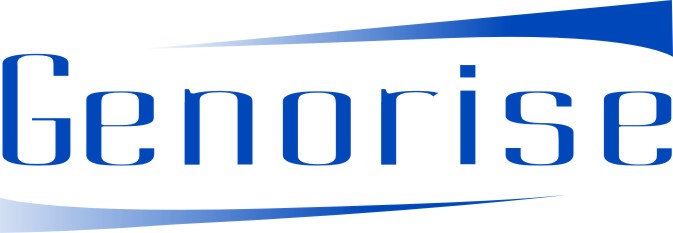






















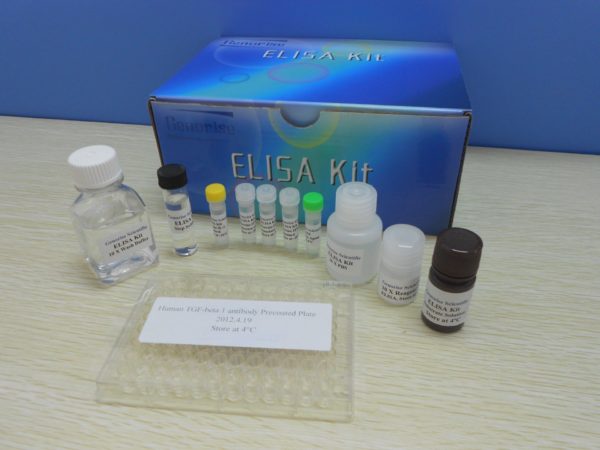
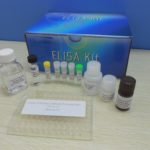

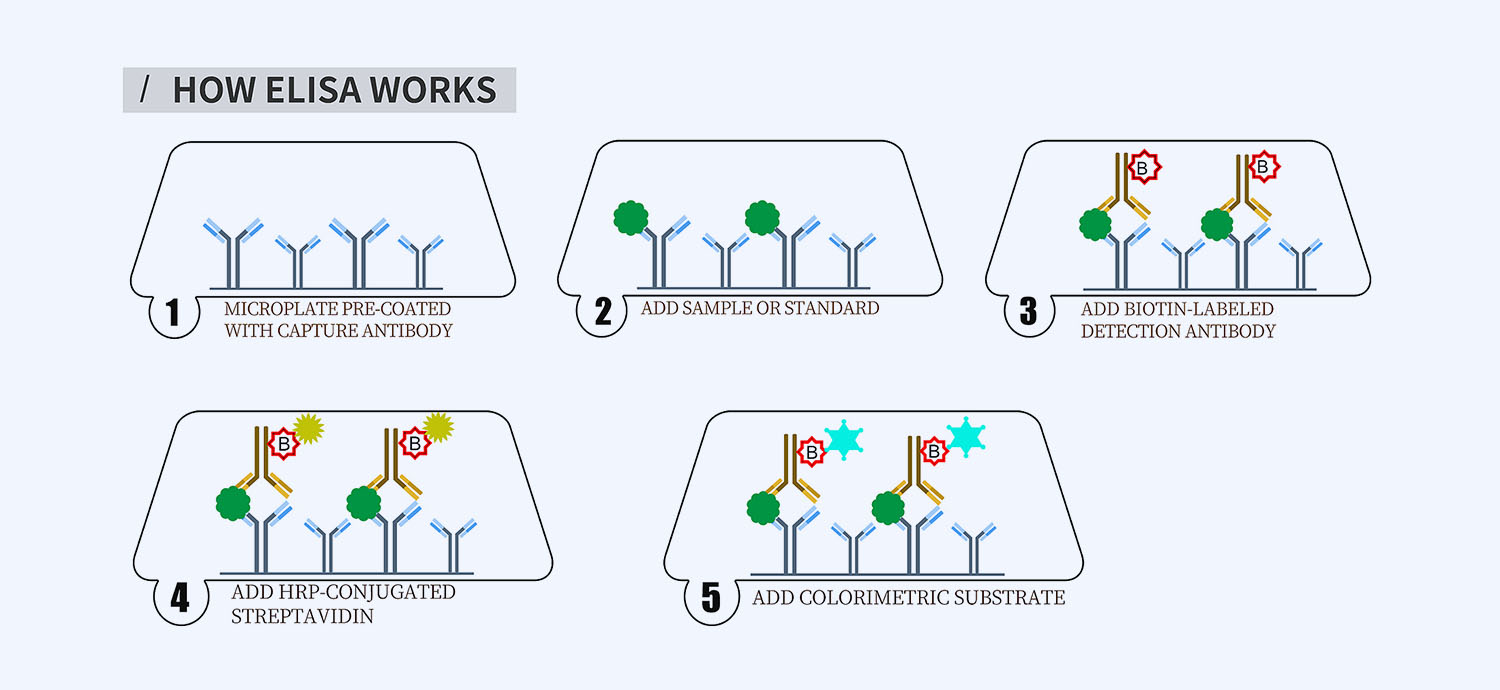
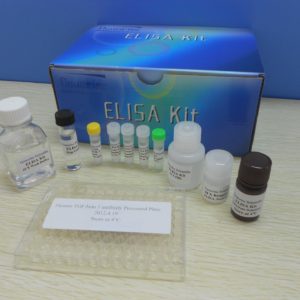
Reviews
There are no reviews yet.